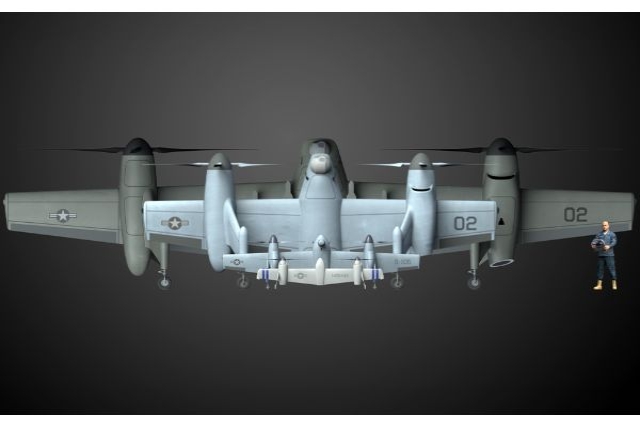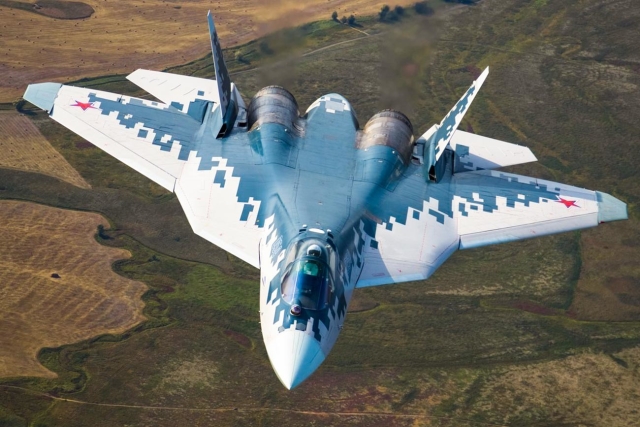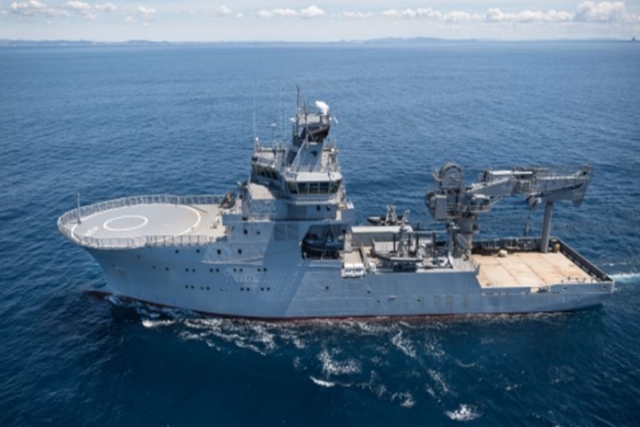First Russian Varshavyanka-Class Stealth Submarine Launched
The Russian Navy's first of six Varshavyanka-class diesel-electric submarines, Novorossiisk, has been floated out by a St. Petersburg-based shipyard.
Construction of the Novorossiisk submarine bean in August 2010 at Admiralty Shipyards followed by the second submarine construction Rostov-on-Don in November 2011 and the third submarine of the class Stary Oskol in August 2012.
RIA Novosti cited Russian naval expert captain 1st Rank (Ret.) Mikhail Nenashev said that Russia requires at least 10 Varshavyanka-class submarines to protect its interests in the Black Sea and the Mediterranean.
The Varshavyanka-class, an improved version of the Kilo-class submarines, features advanced stealth technology, extended combat range and provides the ability to strike land, surface and underwater targets.
Designed for anti-shipping and anti-submarine missions in relatively shallow waters, the submarines can cruise underwater at a speed of 20k and has a cruising range of 400 miles.
Capable of accommodating a crew of 52, the submarines can patrol for 45 days and are armed with 18 torpedoes and eight surface-to-air missiles.
Featuring low noise, advanced hull architecture and an optimal level of control process automation, the submarines provide high reliability and require low maintenance.
Having first entered into service in the early 1980s, the Russian Kilo-class submarines were designed by the Rubin Central Maritime Design Bureau.










